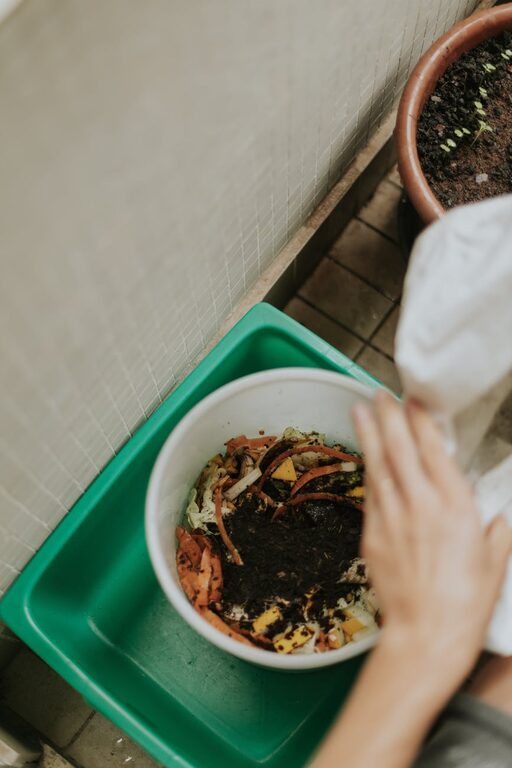Composting at home is an excellent way to reduce waste, improve your garden soil, and contribute to a healthier environment. If you’re new to composting, the process might seem a bit intimidating, but it’s easier than you think. This guide will walk you through beginner-friendly tips to help you start composting successfully.
What is Composting?
Composting is the natural process of recycling organic material, such as food scraps and yard waste, into a rich soil amendment called compost. This nutrient-dense compost helps your plants grow better and reduces the need for chemical fertilizers.
Benefits of Composting at Home
– Reduces landfill waste: Composting diverts food scraps and yard waste from the trash.
– Enriches garden soil: Compost adds essential nutrients and improves soil structure.
– Saves money: Reduces the need to buy soil conditioners or fertilizers.
– Supports sustainability: Helps lower your household’s carbon footprint.
Getting Started: What You Need
Choose a Compost Bin or Area
You can compost in many different ways, from simple piles to specially designed bins. Here are some options:
– Compost bin: Available in various sizes, these bins keep the compost tidy and help retain moisture.
– Compost tumbler: A rotating bin that makes turning the compost easier.
– Open compost pile: A free-form pile in your yard for larger spaces.
– Indoor compost container: For small amounts of kitchen scraps, consider a countertop compost bin that you can later transfer outside.
Location
Pick a spot with good drainage, partial sunlight, and easy access. This helps maintain the right temperature and moisture.
What to Compost: Green vs. Brown Materials
For a successful compost, balance green and brown materials.
– Green materials: Rich in nitrogen, these include kitchen scraps like fruit and vegetable peels, coffee grounds, tea bags, and fresh grass clippings.
– Brown materials: Rich in carbon, these include dry leaves, straw, shredded paper, cardboard, and small branches.
What to Avoid
– Meat, dairy, and oily foods (these attract pests)
– Diseased plants or weeds with seeds
– Pet waste
– Inorganic materials like plastic and metal
Step-by-Step Composting Tips for Beginners
1. Collect and Chop Materials
Keep a small container in your kitchen for collecting green scraps. Chop larger items into smaller pieces to accelerate decomposition.
2. Layer Your Compost Pile
Start with a layer of brown materials at the bottom for drainage. Alternate layers of greens and browns, aiming for a ratio of roughly 3:1 (browns to greens).
3. Maintain Moisture
Your compost should be about as damp as a wrung-out sponge. Water it if it’s dry and add dry materials if it’s too wet.
4. Turn Your Compost Regularly
Aerate the pile by turning it with a garden fork or using a compost tumbler. This helps speed up breakdown by introducing oxygen.
5. Be Patient
Composting can take anywhere from a few weeks to several months depending on conditions. Finished compost is dark, crumbly, and earthy-smelling.
Troubleshooting Common Composting Issues
– Bad odors: Usually a sign your pile is too wet or has too many greens. Add more browns and turn it.
– Slow decomposition: Turn your compost more often and make sure it’s moist but not wet.
– Pests: Avoid adding meat and dairy, and secure your compost bin with a lid.
Using Your Finished Compost
When your compost is ready, mix it into garden beds, use it as mulch around plants, or add it to potting soil. It will improve soil texture, retain moisture, and provide nutrients to your plants.
Additional Tips for Success
– Start small and expand your composting as you get comfortable.
– Use kitchen compost pails with a charcoal filter to minimize odors indoors.
– Try worm composting (vermicomposting) for small spaces and faster results.
– Keep a compost diary to track what you add and how well it decomposes.
Final Thoughts
Composting at home is a rewarding way to reduce waste and enrich your garden. With a little patience and these beginner tips, you’ll soon be turning everyday scraps into black gold for your plants. Happy composting!

